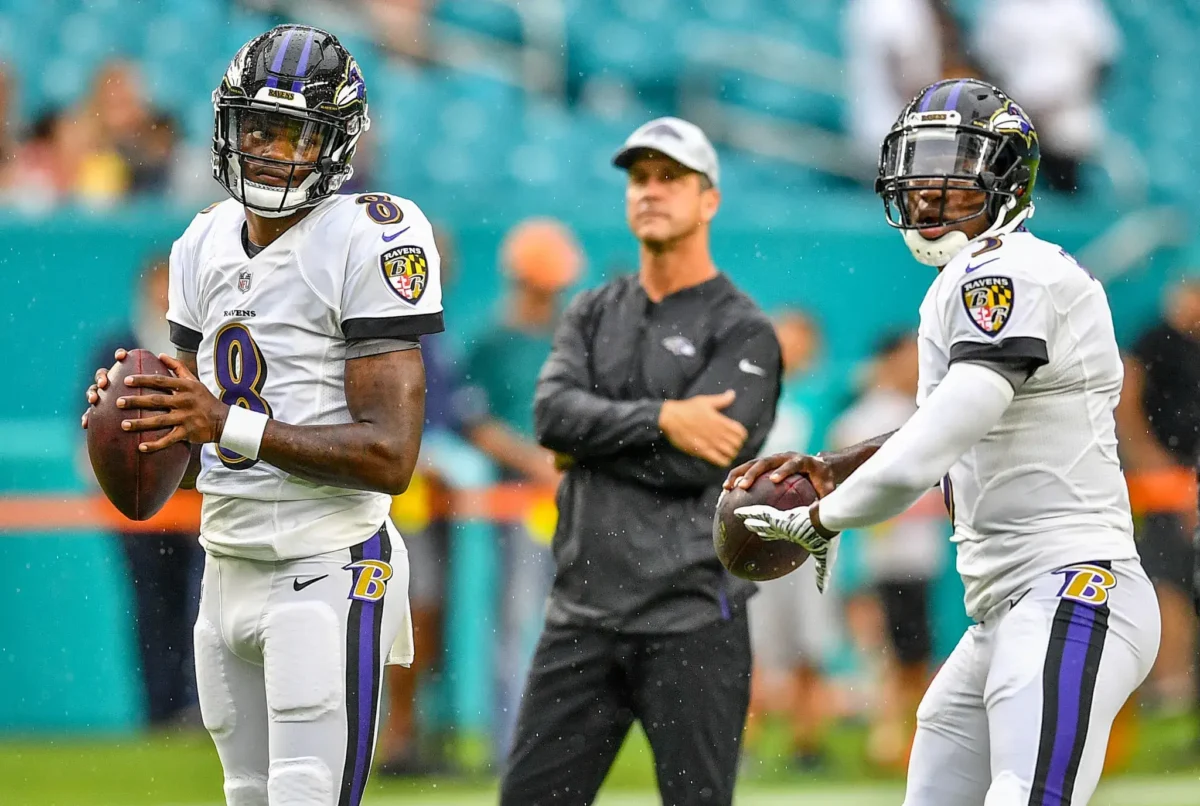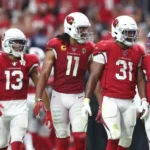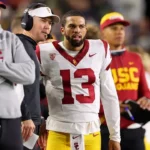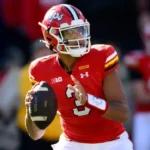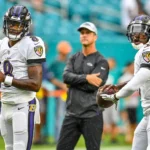While some NFL players choose to represent themselves, the majority of players rely on professionally to be their own agents to handle their contracts and endorsement deals.
Despite being unorthodox, this choice reflects a growing trend among sportsmen who want more financial and professional independence.
Quickly Navigate
How Many NFL Players Are Their Own Agents?
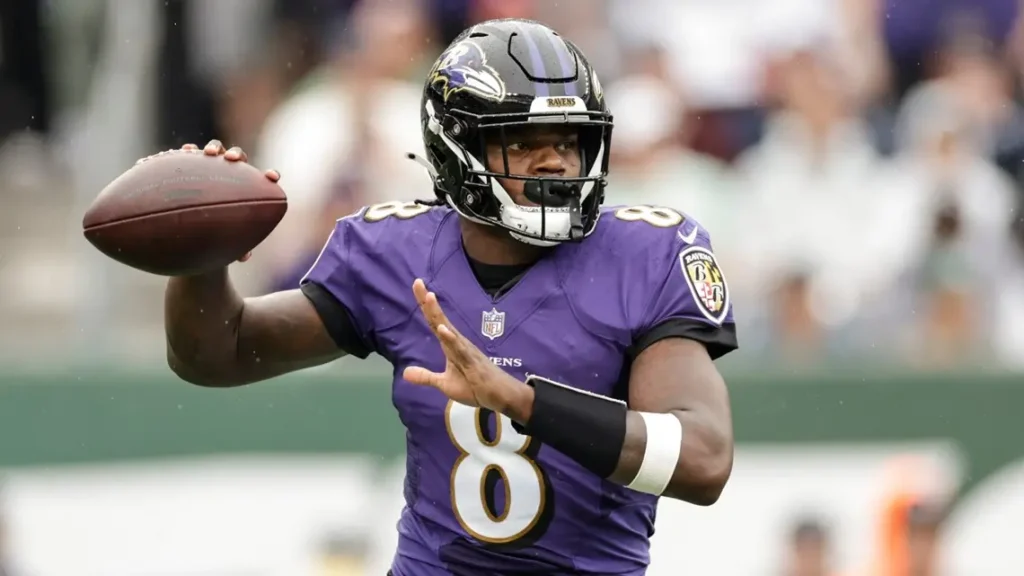
NFL agents usually take care of sponsorship deals, contract negotiations, and other off-field operations so players can concentrate on their play.
Players can gain a great deal from their own agents experience, industry connections, and negotiating abilities, which can help them, secure better deals and safeguard their interests.
Why Some Players Choose to Be Their Own Agents?
Due to their desire for more control over their representation and to avoid paying agency fees, a small but increasing number of NFL players are their own agents.
They think they can better align their contracts with their personal and professional ambitions if they take the initiative to negotiate and grasp the business side of their careers.
Benefits and Challenges of Self-Representation
- While representing oneself has many benefits, such as having complete control over talks, it also has serious drawbacks that might harm a player’s career.
- Benefits include being directly involved in all contract conversations and avoiding the usual 1-3% commission paid to agents.
- Nonetheless, there are a number of difficulties, like the requirement for a thorough wide of contract law, negotiation strategies, and market dynamics, in addition to the possibility of making expensive errors.
Notable NFL Players Who Are Their Own Agents
Many well-known NFL players have handled contract talks without an agent’s help over the years.
By proving that self-representation can be done even in the complex world of professional sports, these people have opened doors for others.
- Case Study: Richard Sherman
Being one of the most well-known NFL players to represent oneself, Richard Sherman has signed a number of noteworthy contracts in his career.
Sherman and the San Francisco 49ers worked out a three-year, $39 million deal in 2018.
Though his strategy was closely examined, he was able to negotiate a contract that contained performance bonuses that matched his recuperation from the injuries.
- Case Study: Russell Okung
The offensive tackle Russell Okung has also garnered media attention for choosing to negotiate his own contracts and operate as his their own agents.
With the Denver Broncos, Okung secured a special contract in 2016 that featured large incentives but no money guaranteed.
Despite initial criticism, the transaction paid off the next year when Okung signed a big contract with the Los Angeles Chargers.
Also Read: How Do Rookies Get Paid in the NFL?
The Impact on Contract Negotiations
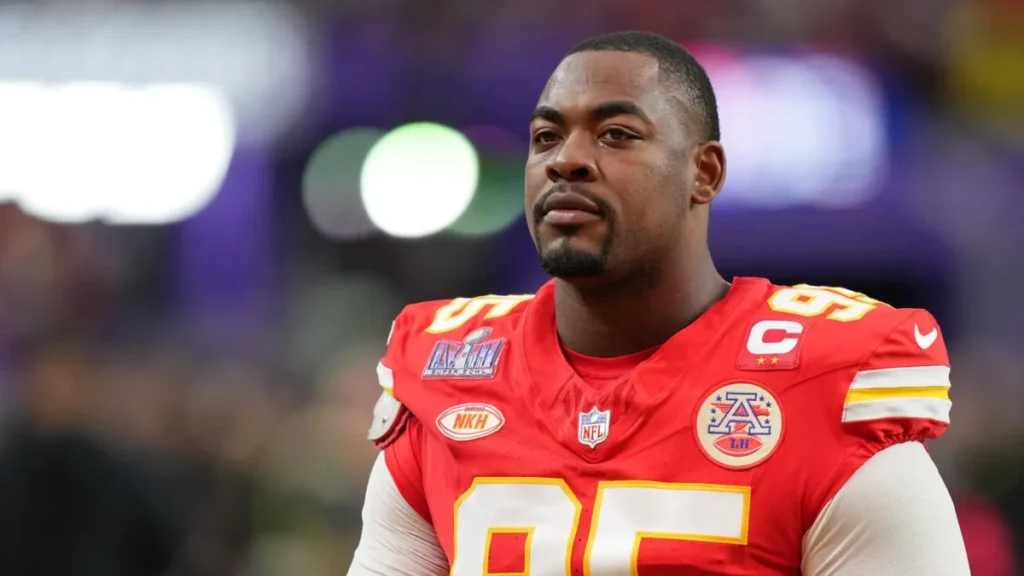
Self-represented players frequently approach contract talks differently, which can lead to creative deal structures and stipulations.
Direct communication between the athlete and the organization, without the middleman role of and be their own agents, can occasionally result in more unique and imaginative agreements that better represent the player’s preferences and objectives.
The Financial Implications
Self-represented players can save a lot of money by forgoing the agent’s commission, but they also run the risk of leaving money on the table in the event that talks fall through.
Although there is an allure to the potential savings, the intricacies involved in contract negotiations can lead to costly errors that may offset the advantages of forgoing their own agents costs.
How Common Is Self-Representation in the NFL?
In the NFL, self-representation is still uncommon, but it becomes more common as players try to have more control over their careers.
A few well-known success examples and players’ increasing understanding of the possible advantages of handling their own negotiations are the main drivers of the trend.
The Future of Self-Representation in the NFL
Self-representation will likely grow in acceptance and popularity in the NFL as more players choose to do so.
It will probably still be an option, yet, for a small percentage of players due to the considerable knowledge and work needed to successfully negotiate a deal.
Final Note
Being one’s their own agents is a risky decision with perks and drawbacks, so it will be interesting to watch how this trend develops in the years to come. The success of players like Russell Okung and Richard Sherman shows that self-representation can be a realistic choice for those who are prepared to take on the challenge, even though it may not be suitable to everyone.
